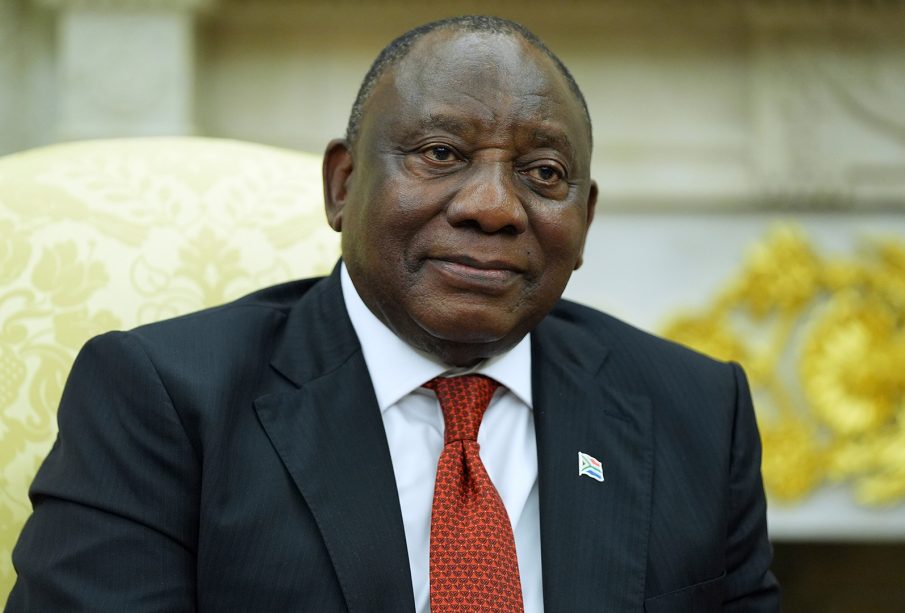Cyril Ramaphosa: Navigating Leadership in South Africa

Introduction
Cyril Ramaphosa, the President of South Africa, has been at the forefront of the nation’s politics since his election in 2018. His leadership is critical as the country grapples with significant economic challenges, corruption scandals, and social unrest. Understanding the implications of his actions and policies is essential for South Africans and international observers alike, as they reflect on the future direction of this key African nation.
Current Economic and Political Landscape
In recent months, South Africa has been facing a minor recession, marked by rising unemployment rates, which currently stand at about 33%. The ongoing energy crisis, primarily marked by load shedding, has severely impacted businesses and daily life, prompting citizens to criticise the government’s failure to provide uninterrupted power supply. Additionally, inflation has reached its highest levels in over a decade, with food prices soaring, further straining household budgets.
To combat this crisis, President Ramaphosa has introduced several reforms aimed at rejuvenating the economy, such as inviting international investment and promoting infrastructure projects. However, these initiatives have been met with mixed responses, as many South Africans remain sceptical about the government’s ability to implement effective changes amid allegations of corruption.
Corruption and Governance Issues
Corruption has also played a pivotal role in shaping the political narrative surrounding Ramaphosa’s presidency. Although he campaigned on a mandate for integrity and transparency, his tenure has been shadowed by the politically charged ‘State Capture’ report, which implicates numerous high-profile figures in widespread corruption within the government and state-owned enterprises.
In response, he has pledged to strengthen anti-corruption measures and restore faith in public institutions. His recent appointment of a new NPA head is seen as an attempt to revitalise the prosecution of corruption cases. However, the effectiveness of these measures is yet to be fully realised, as the public continues to demand accountability and reform.
Conclusion
As Cyril Ramaphosa navigates these unprecedented challenges, the eyes of the nation and the world are on his leadership. The success or failure of his presidency will heavily depend on his ability to balance economic recovery, social justice, and the establishment of a corruption-free government. The coming months will be pivotal for South Africa, and the actions taken by Ramaphosa’s administration will determine the nation’s trajectory.
Ultimately, the situation in South Africa serves as a broader reflection of the struggles faced by many nations in the quest for effective leadership amid crises, and the outcomes will have lasting implications for the future of democracy and governance in the region.








